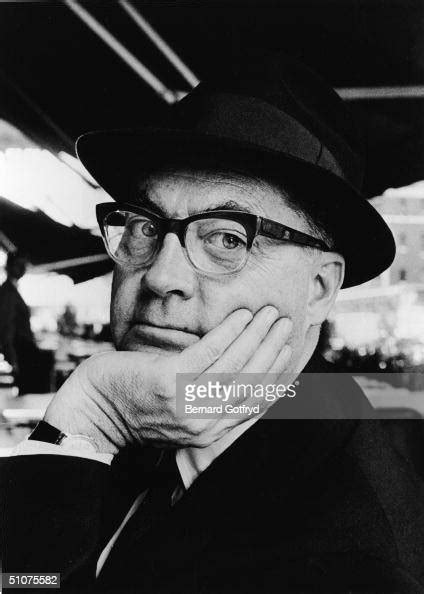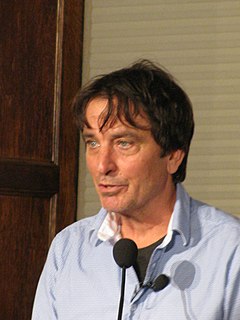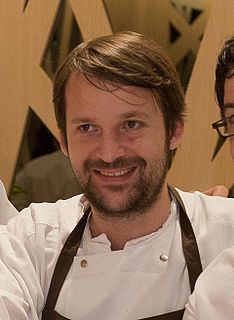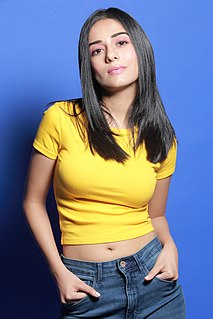A Quote by Rebecca Serle
My first book, 'When You Were Mine,' got optioned for film and went into preproduction as 'Rosaline.' That was the classic model: Hollywood calls, options book, and that's it. You sign on the dotted line.
Related Quotes
When I was a Hollywood press agent, I learned how the Hollywood casting system worked. There was a roster of actors who were always perfect as doctors or lawyers or laborers, and the directors just picked the types they needed and stuffed them into film after film. I do the same [with
my characters], book after book.
I didn't write professionally at first. It took me nine years to get anything published. At the beginning I mostly wrote picture books, which were rejected by every children's book publisher in America. The first book of mine to be accepted for publication was ELLA ENCHANTED, and not one but two publishers wanted it. That day, April 17, 1996, was one of the happiest in my life.
I'm no longer religious, but the Bible fascinates me. Hardly anyone reads it anymore, but it's got everything: it's a book of poetry, it's a book of principle, it's a book of stories, and of myths and of epic tales, a book of histories and a book of fictions, of riddles, fables, parables and allegories.
I was very familiar with both actors, as well as Christina Hendricks and Bill Sage, Jimmi Simpson, Polly McIntosh, but the other main actors were new to me. And they were all terrific. Just amazing. Actually, Lowell Northrop optioned Savage Season from me, first book in the series, and I wrote a screenplay.





































